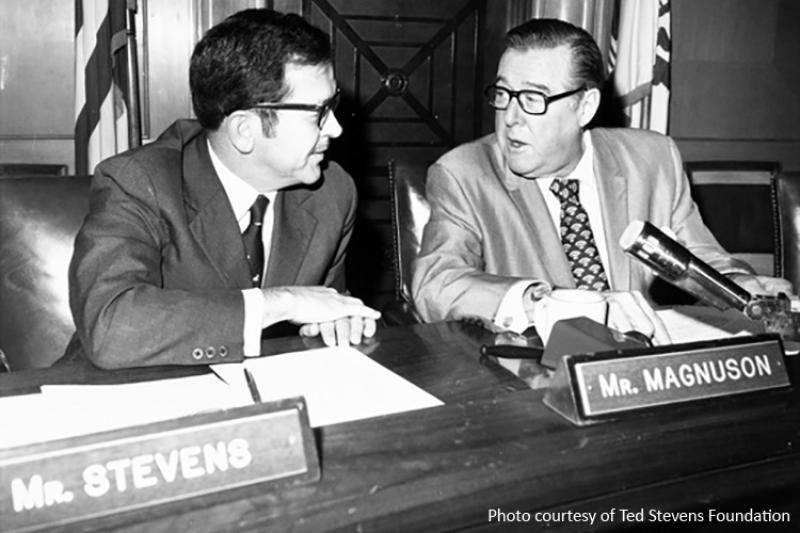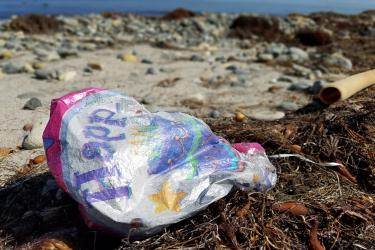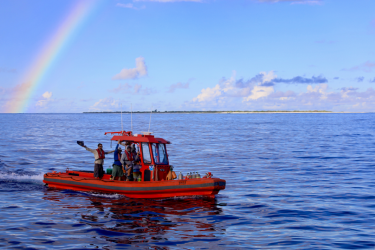Visionary. No other word quite describes the passion and commitment that Congress - among them the late U.S. Senators Warren Magnuson (D-WA) and Ted Stevens (R-AK) - had for our nation’s fisheries when they authored the original Magnuson Fishery Conservation and Management Act (MSA) nearly four decades ago.
Over the next 6 months, NOAA Fisheries will highlight the nation’s investment in its fisheries and our journey toward sustainability—a journey of evolving science, technology, and innovative management strategies that today is influencing the international management of global fisheries.
To appreciate where we are today, it’s helpful to take a look back at where we’ve been.
Originally signed into law on April 13, 1976, the MSA has served as the nation’s road map to sustainably managed fisheries. When our journey began, foreign fleets were scouring our waters and fish stocks were collapsing. Today the United States is a global leader in responsibly managed fisheries, sustainable seafood, and world-class recreational fisheries.
The 40th anniversary of the MSA, is a great time to reflect on the magnitude of this law and how it changed our approach to the science and management of ocean resources, and influenced the public and international dialogue on marine stewardship.
The impact of the MSA has been profound. In 2014, NOAA Fisheries announced that overfishing and overfished numbers hit historic all-time lows, with just 8 percent of managed fish stocks on the overfishing list and 16 percent of stocks considered overfished—all of them under rebuilding plans. That same year, our nation’s commercial and recreational fisheries contributed nearly $200 billion to the U.S. economy and supported 1.7 million jobs.
With numbers like these, it’s easy to see why the United States is recognized as a global leader in fisheries management. This hard-earned reputation is the direct result of 40 years of investment in building the infrastructure necessary to deliver a science-based management process that is peer-reviewed and transparent, involves strong stakeholder participation, and is premised on public-private partnerships through the eight regional fishery management councils.
But although we are seeing a great deal of success, not all fisheries are rebounding. The complexities of climate change and the need to adapt to an ever-changing ocean environment will continue to challenge the delicate balance between sustainability and economic impacts. To help address these complexities, we will continue our investments in science-based management. Forty years under the MSA has taught us that “sustainable fisheries” are not an end point or destination, but rather a dynamic process of continuous monitoring, improvements, and adaptability.
Despite the rocky condition of our fisheries 40 years ago, today the United States is home to some of the largest, most sustainable fisheries in the world and is actively preventing overfishing and rebuilding overfished stocks at a remarkable rate. This hard-earned reputation is worth protecting and advancing.
I would like to take this opportunity to thank you—our fishermen and fishing industries, our coastal and conservation communities alike—for your participation and investment in this remarkable journey that has come to characterize our nation’s fisheries.
This month, we will begin to celebrate these achievements. I encourage all of you to keep your eyes on the future and continue to help push sustainable fisheries management forward, perhaps in ways we can’t even imagine today. Let’s continue to build on our success.
Eileen Sobeck



